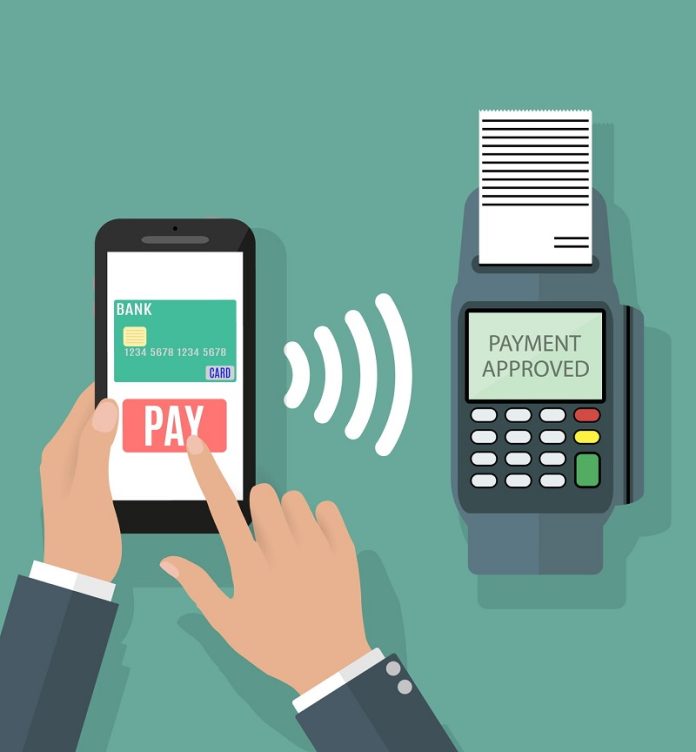Local banks refuse to grant ‘links’ for electronic payment to home business owners for fear of money laundering, indicating approval to provide them with electronic payment services, and to transfer the proceeds of their operations to an account designated for this purpose, while other banks are strict in this regard by setting strict requirements, including setting up a company or requesting a deposit.
The banks justify their position in this regard by the fact that the required certificate authorizes individuals to obtain means of accepting open payments, similar to the large companies with audited budgets, which increases their sensitivity to the possibility of some exploiting these tools in money laundering operations, terrorist financing, or any other acts that violate the law, sources told Al-Rai daily.
The sources indicated that payment agents complained to the Central Bank of Kuwait verbally about depriving their individual customers of obtaining the electronic payment gateway service and point-of-sale devices that enable them to settle their payments, arguing that the license they obtained from the Central Bank and the Ministry of Commerce and Industry gives them the right to activate this service to their individual clients, but the banks’ strict stances weaken their ability to expand their business and increase their market share in the home projects market, and from here the story begins.
In the recent period, some electronic payment agents have received growing complaints from their individual clients who work in small businesses such as selling swimming pools, T-shirts, handicrafts, and others, stating that they are unable to obtain electronic payment certificates from banks, as they are refused electronic payment gateway service and point-of-sale devices to complete their operations, and that they can obtain this service if they obtain a commercial license, meaning if they establish a company.
They added that they had asked other banks to obtain the certificate, but they faced complications such as requesting a deposit that they could not pay, or obtaining credit cards and transferring their salaries.
Faced with these claims, they resorted to their licensed agents to practice the electronic payment service, who contacted the banks for further clarification, as they were informed that it is difficult from the banking point of view to give individuals the means to accept payments within the limits of corporate transfers, by virtue of the risks of exposure to the violation of AML/CFT instructions associated with this activity.
They made it clear that they do not question the soundness of the business of this segment, and that their requirement of a commercial license to grant the certificate does not carry any complication, indicating that what confirms this is that banks accept to grant the certificate to the holders of commercial licenses, even if it is a one-person company that does not need capital or founding partners, or Micro business license.
The sources stated that the banks’ position in this regard is consistent with their required efforts regarding continuous due diligence regarding work relations, and checking the operations that are conducted during the period of this relationship to ensure the consistency of those operations with what is known about the customer, his activity, and the degree of risks associated with him.
The banks indicated that this procedure does not constitute a complication as much as it carries with it a bank guarantee that the payment tools available to the customer will not be used to carry out acts that violate the law, noting that according to the “Central” circular, the bank must adhere to the instructions for combating money laundering and terrorist financing.
The sources pointed out that the importance of the payment certificate applicant obtaining a commercial banking license is growing in that it guarantees the existence of a supervisory regulator who checks the business of this segment and its financial accounts, which is the Ministry of Commerce and Industry, unlike individuals who work without regulatory cover, which makes their business more dangerous than companies.
However, it is clear that agents practicing electronic payments were not convinced of this proposition, based on the regulatory directives issued to all banks in the matter of regulating business related to electronic payment services, which emphasize direct follow-up of agents to ensure their full compliance with the instructions for regulating electronic payment of funds and providing payment services for individuals.
The sources confirmed that 95 of the clients of bank agents practicing electronic payments are individuals, explaining that banks’ requirement of a commercial license to grant a certificate of payments is illegal, and an unspecified supervisory procedure. She indicated that banks give their individual clients the service of receiving money through links, although they do not have commercial licenses, nor do they require payment certificates from them, while they do not allow clients of individual payment agents to use the links of payment and settlement companies licensed by the Central Bank and “commerce”.
The sources pointed out that the banks’ strictness threatens the survival of payment and settlement companies and prevents a large segment of home business owners from collecting electronically, in contradiction to the directions of the government and banks to transform Kuwait into a financial center and increase the level of digitization locally to global levels.
The sources said, “If individual micro-business owners obtain commercial licenses, why would they need the services of payment practitioners to collect their payments, after they are now able to open corporate accounts in banks that guarantee them the flow of their money electronically?”

















